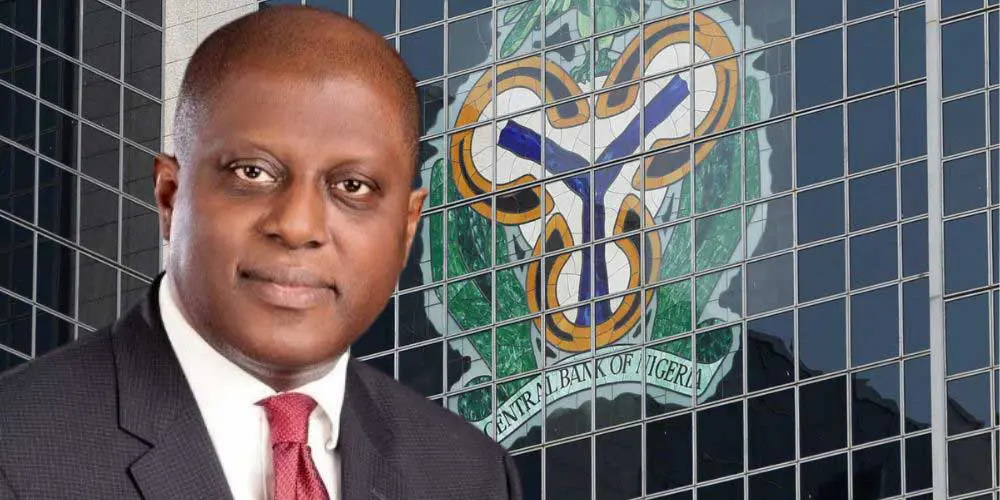The Governor of the Central Bank of Nigeria (CBN), Olayemi Cardoso, revealed that the federal government spent N6.2 trillion on foreign exchange subsidies in 2022, surpassing the N4.5 trillion spent on fuel subsidies. This announcement was made at the 59th annual Bankers Dinner of the Chartered Institute of Bankers of Nigeria in Lagos. Cardoso emphasized that FX subsidy losses have been a larger drain on the country’s revenue than fuel subsidies, highlighting the significant impact of a less reflective FX regime on potential revenue losses.
In June of the previous year, the Nigerian government took decisive steps by announcing the removal of the Naira float and fuel subsidies. These measures, however, had a delayed impact on the economy, resulting in inflation rising to 33.88 percent and the exchange rate reaching N1672.69 per dollar by mid-2023.
Cardoso discussed the CBN’s efforts to address inefficiencies in Nigeria’s FX market by unifying the exchange rates, a reform that eliminated market distortions and restored transparency. This unification has helped clear outstanding foreign exchange obligations, giving businesses confidence to plan and invest.
To further enhance market efficiency, the CBN is introducing an electronic FX matching system, a tool proven effective in other markets. The reforms have already shown positive results, with the average daily turnover in the Nigerian Autonomous Foreign Exchange Market increasing by 226 percent in the first half of 2024 compared to the previous year. Foreign portfolio inflows surged by over 72 percent, and foreign exchange reserves rose from $32 billion in May 2023 to over $40 billion, marking the highest level in nearly three years.
The market facilitated over $9 billion in capital outflows in the past year, allowing investors to repatriate capital and dividends without delays. Additionally, Nigeria recorded a $6 billion current account surplus in the first half of 2024, driven by increased domestic refining capacity, a shift towards non-oil exports, and higher remittance inflows.
Addressing inflation and fiscal challenges, Cardoso noted that Nigeria faced surging inflation and a stagnant economy when he took office in October 2023. Inflation had reached 27 percent due to excessive money supply growth, while GDP growth had stagnated at 1.8 percent over the past eight years. To combat inflation, the CBN raised the Monetary Policy Rate by 875 basis points to 27.5 percent in 2024, a move aimed at restoring economic stability.
A major fiscal challenge was the deficit financing through the CBN’s Ways and Means advances, which reached N22.7 trillion by 2023, almost 11 percent of GDP. Quasi-fiscal interventions totaling over N10 trillion further strained monetary stability. Cardoso explained that these practices had compromised transparency and contributed to inflationary pressures.
Under Cardoso’s leadership, the CBN has taken steps to end deficit financing through its Ways and Means advances, promoting fiscal discipline and strengthening economic buffers. Looking ahead, Cardoso reaffirmed the CBN’s commitment to rebuilding Nigeria’s economic resilience through targeted reforms, including enhancing domestic refining capacity, promoting non-oil exports, and advancing technological innovations in the financial sector. These reforms aim to lay the foundation for sustainable growth that benefits all Nigerians, with industry stakeholders expressing optimism about the country’s economic trajectory under the new policy direction.


